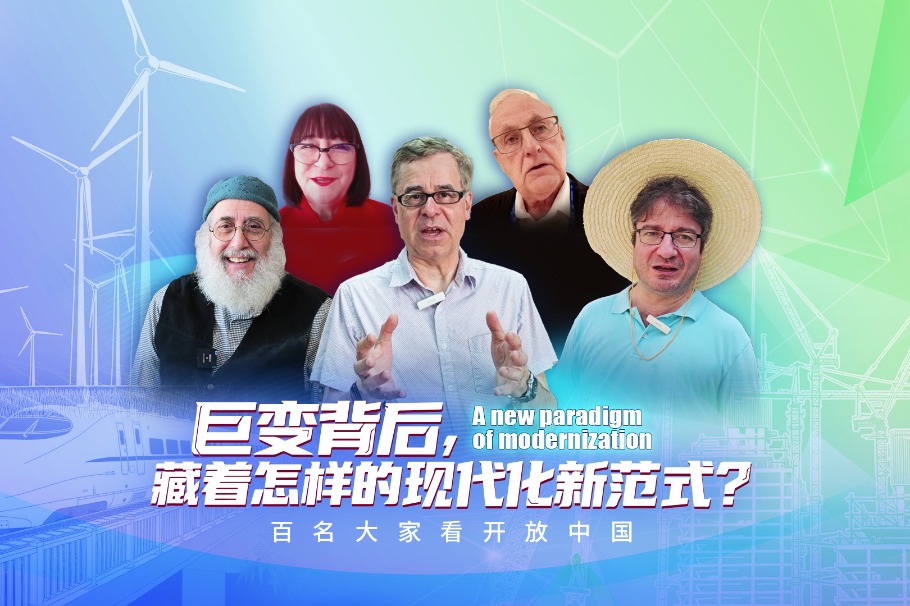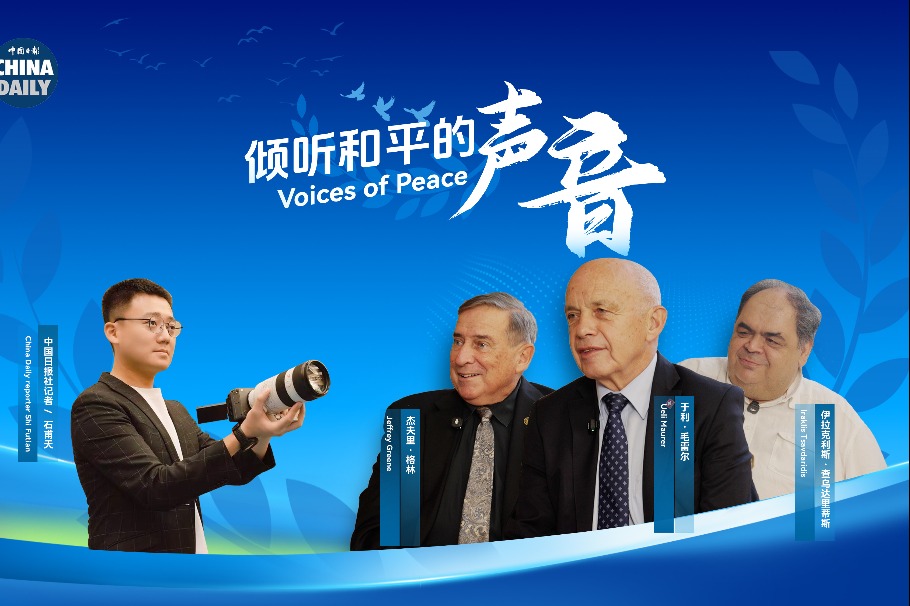AI needs global consensus on its governance: China Daily editorial

As artificial intelligence breakthroughs in the form of chatbots such as ChatGPT and, more recently, DeepSeek continue pushing the boundaries of the technology, the hopes and anxieties surrounding AI have grown simultaneously.
How to harness the constructive potential of the nascent sector for the benefit of humanity while exerting effective control over the destructive ones has emerged as a new global challenge.
Since the abusive deployment of AI technologies is no longer a mere fearful trope of science fiction, there is a pressing need for a global, intergovernmental consensus on how to approach such technological breakthroughs, which, handled properly, may bring enormous social and economic benefits; or else wreak immeasurable havoc.
With the increasingly obvious damaging potential of AI technologies, a global consensus, rough as it may be at this stage, is of critical importance to ensure the responsible use of AI and the charting of a safe course for the thriving sector.
It is therefore regrettable that the two-day Paris AI Action Summit, which closed on Tuesday, failed to bring on board two of the world's key industry leaders to its demonstration of that imperative solidarity.
The AI Action Statement, which identifies the priority to ensure that "AI is open, inclusive, transparent, ethical, safe, secure and trustworthy, taking into account international frameworks for all", garnered 61 signatories, but not those of the United States and the United Kingdom.
The statement, which underscores the need for "the protection of human rights, gender equality, linguistic diversity, protection of consumers and of intellectual property rights", sets out the ambition to reduce digital divides by promoting AI accessibility, and ensuring the development of AI is transparent, safe, secure and trustworthy.
The US' absence, in particular, from such a needed consensus, reveals a deep divide among the world's key industry leaders that threatens the healthy progress of the AI sector. It is both the natural outgrowth of different outlooks on AI, and very possibly a dangerous driver of bifurcation in AI development in terms of both technological advancement and utilization.
It was no surprise that US Vice-President JD Vance should make clear that the US dislikes regulation, which he said may strangle the emerging new industry given the new administration's stance.
It is also well within expectation that Washington would take AI as a core dimension of its perceived strategic competition with China. The computer chips blockade that has run through both the Joe Biden and Donald Trump presidencies is all about that. Instead of inspiring fresh appreciation of the potential for bilateral cooperation, the disruptive emergence of DeepSeek from China seems to have triggered deeper fear of a Chinese AI threat.
Seemingly oblivious to the irony of his remark, Vance even warned US allies to not partner with "authoritarian regimes" that in his words are "weaponizing" AI.
Despite his remarks about "pro-growth AI policies" taking precedence over safety concerns, the US vice-president also made it sufficiently clear his government is turning AI into a decisive battlefield in what is broadly believed to be a new Cold War between the world's two largest economies.
China's stance on AI governance is clear and consistent. At the G20 Summit on Reform of the Institutions of Global Governance, Chinese President Xi Jinping called for stepping up international governance and cooperation on AI, to make sure that it is used for good and for all, not a game of the rich countries and the wealthy.
Prior to that, in September, China unveiled the first version of its AI Safety Governance Framework, which was formulated to implement the Global Initiative on AI Governance it has proposed.
The framework makes clear that effective governance of Al depends on exchanges and cooperation with multiple stakeholders shouldering their responsibility to identify, prevent and respond to risks.
As Chinese Vice-Premier Zhang Guoqing, Xi's special representative in the AI meeting, said in the French capital on Monday, the international community should improve global governance of the technology while embracing the principle of developing Al for the good of humanity and deepening cooperation to that end.


































